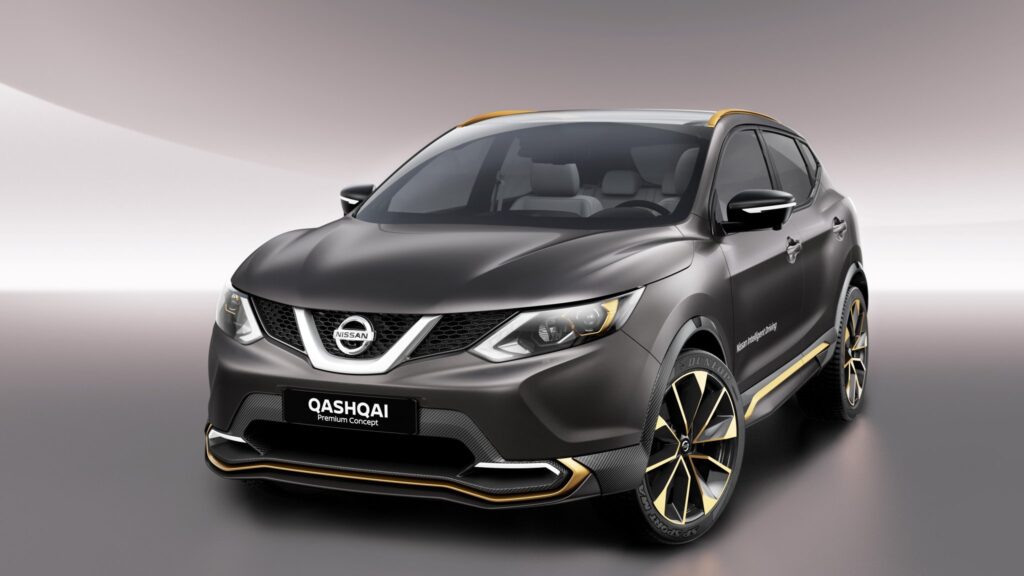Hands up if you’ve ever seen a driverless car on the road?
No, thought not.
For all the headlines and millions of miles they’ve clocked up in the last 12 months, road trials of driverless cars have been limited to towns, cities and highways where regulators have said they can go.
To put that in context, only nine of America’s 50 states have enacted laws allowing driverless vehicle trials. To date, more states have rejected road tests than permitted them.
In the UK, the Government has said it wants to see road testing move beyond the original trials in Bristol, Coventry, Greenwich and Milton Keyes.
But the consensus among the big car-makers seems to be that driverless cars won’t become mainstream before 2021.
And even then, there’s uncertainty about the public’s appetite for handing over full driving control to a machine.
Our own survey of 1,800 customers back in 2015 gave a resounding “no” to the idea of driverless cars.
Only 5.5% of our poll respondents said yes they would opt for an autonomous vehicle. The remaining quarter gave a tentative “maybe” to the idea.
Other surveys since then have drawn a similar conclusion.
One found that eight out of 10 people simply don’t trust the technology.
Not, of course, that they’ve seen it in action.
So, will 2017 bring us any closer to seeing more driverless vehicles on the road?
Here are our three predictions for the UK next year.
1. Motorway trials will get under way in the UK
Last March ministers were talking up Britain’s prospects of leading the world in driverless technology.
But testing will step up a gear next year with the UK’s first motorway trial. There have been reports that a section of the M6 between Lancaster and Carlisle has been selected for testing by the Ministry of Transport. Why? Ministers see it as a quieter, safer, section of motorway than more crowded routes around London, Birmingham, and Manchester.
It’s also rumoured that the 2017 trials could include “platooning” lorries – a line of 10 self-driving trucks running at a constant speed almost bumper to bumper to save fuel.
2. New road tests in Central London, Essex and the North East?
Both Volvo and Ford have said they want to start road trials in the UK in 2017. Nissan has pledged to build a new Qashqai with driverless features at its Sunderland factory ready for 2017.
So where will these three manufacturers try out their new tech?
Volvo has made it clear it wants to try-out its driverless XC90 4×4 in London after successful trials in the Swedish city of Gothenburg.
Ford has decided to test its driverless tech at the Dunton Technical Centre in Essex. And it seems a fair guess that Nissan will put the new Qashqai through its paces somewhere in the North East.
But those three motor marques will mean the UK driverless market will no longer be characterised by futuristic pods, mini-shuttle buses and two-seater electric vehicles. Mainstream autonomous vehicles – albeit with roof-mounted sensors – will be put through their paces.
3. More cars on the road will have driver assist features
Okay, so you may not have seen a full-blown driverless car on the road, but there’s a far better chance you’ve already seen – or used – a form of driver assist technology.
UK drivers have been among the first in the world to adopt features like adaptive cruise control (ACC), automated braking, lane-change warning systems or parking assist. Ever seen someone take their hands of the wheel to auto-reverse park and thought “I wish I had a car that could do that?”
There are predictions that these features are going to move increasingly from premium marques and luxury models to mid-market vehicles – first as optional extras, then as standard features.
So, if you’re buying a new car in 2017 or just browsing online or on a forecourt, we think you’ll see and hear a lot more about driver assist features next year.
And that brings us back to our survey from October 2015.
What’s going to change the minds of that adamant 70% who wouldn’t want to try driverless tech?
Is it just a case that when people can see the technology in action they’ll trust it more?
Certainly, we’re all going to see assistance from technology become a standard, normal driving experience – just a few features at first, but increasing to higher levels of autonomy in future.
So, while you may not be hands off the wheel and feet off the pedals in 2017, next year will take many more of us closer than ever before to the time when that will be a reality.

